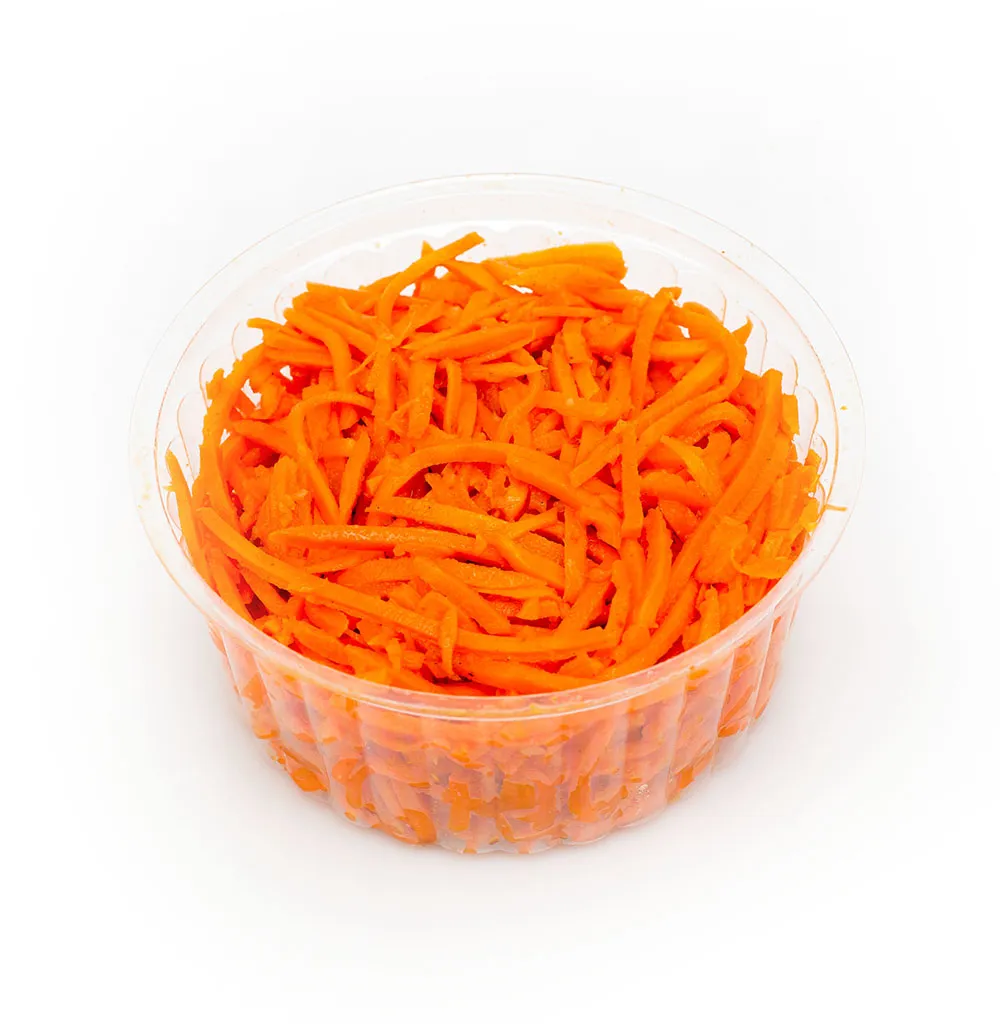
| Glycemic Index | Glycemic Load |
85.0
|
4.25
|
The glycemic index (GI) of carrot (cooked) equals to 85.0, which classifies it as a high GI food. The glycemic load (GL) of carrot (cooked) is equal to 4.25, which classifies it as a low GL food.
| Nutrition Facts | |
| Calories (kcal) | 25.0 |
| Carbohydrates (g) | 5.0 |
| Proteins (g) | 0.8 |
| Fats (g) | 0.3 |
100 grams of carrot (cooked) contain 25.0 kcal (105 kJ), 0.8 grams of proteins, 5.0 grams of carbohydrates, and 0.3 grams of fats.
Carrots are a versatile and nutritious vegetable, providing many important nutrients when cooked. Cooked carrots contain plenty of vitamins A, C, K and B6 as well as minerals such as calcium and potassium. They also provide dietary fiber which can help to improve digestive health. Carrots are low in calories but high in antioxidants that can reduce the risk for some diseases like cancer or heart disease. Cooking carrots is an easy way to make them more enjoyable while preserving their nutritional benefits; they become softer with a sweeter taste when heated up properly. This makes adding cooked carrots into meals easier than ever before! Additionally, cooking breaks down cell walls making it easier for your body to absorb all its valuable nutrients – this process happens faster if you dice or grate the vegetables first before boiling or steaming them. On the downside, overcooking will cause water-soluble vitamins (like vitamin C) to leach out into any liquid added during preparation so be sure not to let your carrot dishes simmer too long on the stovetop! Moreover, eating large quantities of raw carrots has been known to interfere with digestion so limit yourself accordingly should you choose this method of consumption over cooking them instead.